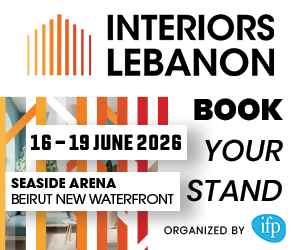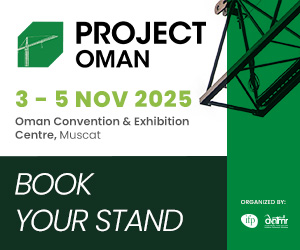A bold $17 billion infrastructure project aims to establish new transport links between Europe and West Asia, potentially rivaling the Suez Canal as a key trade route.
Named the “Route of Development,” the 1,200-kilometer corridor will span Iraq, connecting the southern Gulf to Turkey’s northern border. Plans include an extensive network of roads, railways, ports, and cities, designed to significantly reduce travel time between Asia and Europe. The project is expected to bolster Iraq’s global standing, strengthen its internal economy, and enhance its infrastructure.
The route will expand into Europe after creating a trade corridor through Turkey, building on the Grand Al Faw Port project, Iraq’s largest development initiative. Situated on the Persian Gulf, this port is poised to enhance Iraq’s export capabilities and serve as the foundation for this transformative project.
Iraqi Prime Minister Mohamed Shia al-Sudani describes the project as “a cornerstone of a sustainable non-oil economy, a link serving Iraq’s neighbors and the region, and a contribution to economic integration.” According to The Cradle, a West Asian geopolitical publication, any country willing to participate can undertake portions of the project, which could be completed within three to five years.
The project’s ultimate vision is an uninterrupted highway and rail corridor stretching from Basra to London. With an anticipated cost of $17 billion, the Route of Development is positioned to offer a more cost-effective alternative to the Suez Canal. The Iraqi Transport Minister has highlighted the Grand Faw Port’s capacity to host large trade ships with depths of up to 19.5 meters. This feature, combined with the shorter transit time—saving 12 to 15 days compared to the Suez Canal—underscores its potential economic and logistical advantages.













































































